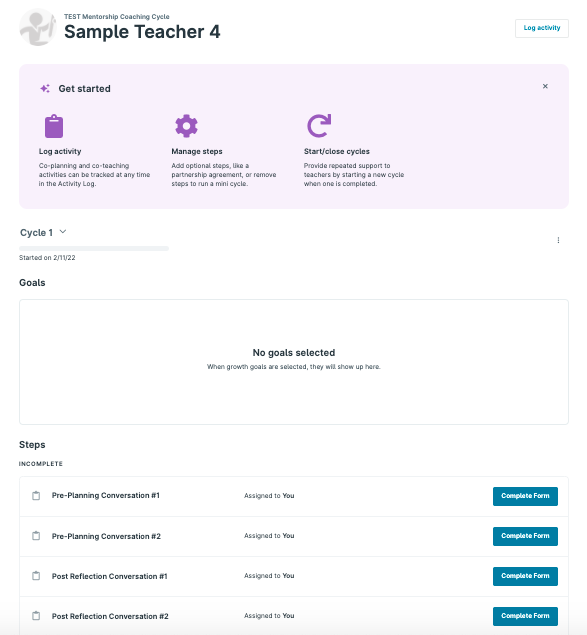
As education leaders, how do we retain our experienced teachers and leverage their support for new teachers? With the prospect of a “great resignation” — and the associated costs to replace them — well documented, that question has never been more important.
Rather than add a new initiative, districts can double down on their new teacher mentorship and induction programs.
Why mentorship as a key lever for educator retention? The impact of effective mentorship programs is clear:
Robust mentorship programs are a true win-win: they can minimize attrition for all teachers by supporting the growth of teacher-leaders and the onboarding of new educators.
In North Dakota, where mentorship has been a focus for the state, participation in the North Dakota Teacher Support System Mentoring Program (NDTSS) made teachers more likely to stay during their first five years of teaching (North Dakota Teacher Support System, 2020). Teacher retention increased by over 10% through targeted professional learning and ongoing support to both mentors and incoming teachers.
But what makes for a rigorous, empowering, and comprehensive mentorship program? One that respects teachers’ time and skills with high-leverage practices (Harmsen et al., 2019, Manning & Jeon, 2020). According to field research, the most effective mentorship programs are ones that:

This level of communication and just-in time feedback leads to strong relationships and ultimately less attrition.

In the long run, good mentorship programs create school cultures that foster relationships between teachers, allow them to reflect on their practice, and give them opportunities to connect to a broader network of colleagues. All of these factors significantly strengthen educators’ happiness, career satisfaction, and, ultimately, likelihood of staying in the field.
Want to see more about how KickUp can strengthen your mentoring program? Click here to learn how Cypress Fairbanks ISD is translating data into action.
Schedule a demo with one of our friendly team members.